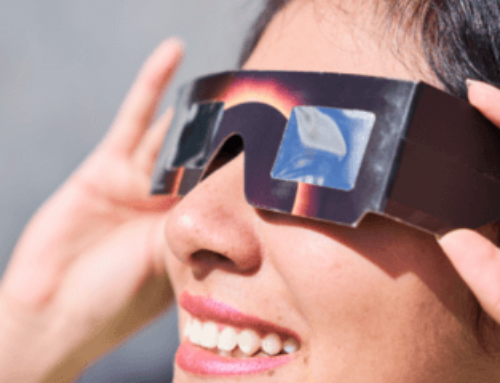FOR IMMEDIATE RELEASE
CONTACT: Lynn Celmer, 630-737-9700, ext. 9364, media@aasm.org
DARIEN, IL – A new study suggests that light treatment tailored to increase circadian stimulation during the day may improve sleep, depression and agitation in people with Alzheimer’s disease and related dementia.
Results show that exposure to the tailored light treatment during daytime hours for four weeks significantly increased sleep quality, efficiency and total sleep duration. It also significantly reduced scores for depression and agitation.
“It is a simple, inexpensive, non-pharmacological treatment to improve sleep and behavior in Alzheimer’s disease and dementia patients,” said principal investigator Mariana Figueiro, PhD, associate professor and Light and Health program director of the Lighting Research Center at Rensselaer Polytechnic Institute in Troy, New York. “The improvements we saw in agitation and depression were very impressive.”
The research abstract was published recently in an online supplement of the journal Sleep and was presented Monday, June 2, in Minneapolis, Minnesota, at SLEEP 2014, the 28th annual meeting of the Associated Professional Sleep Societies LLC.
The pilot study involved 14 nursing home patients with Alzheimer’s disease and related dementia. A light source producing low levels of 300 to 400 lux of a bluish-white light with a color temperature of more than 9000 K was installed in the residents’ rooms. Light exposure occurred during daytime hours for a period of four weeks. Light-dark and activity-rest patterns were collected using a calibrated instrument prior to and after the lighting intervention. Measures of sleep quality, depression and agitation also were collected using standardized questionnaires.
Figueiro added that the improvement in sleep quality also was associated with other noticeable behavioral changes.
“Subjective reports by the nursing staff were that the patients were calmer, eating better and their overall behavior was more manageable,” she said.
According to the Centers for Disease Control and Prevention, Alzheimer’s disease is the most common form of dementia among older adults, affecting as many as five million Americans.
The research was supported by funding from the National Institute on Aging (NIA) within the National Institutes of Health (NIH).
For a copy of the abstract, “Tailored Light Treatment Improves Sleep, Depression And Agitation In Persons With Dementia Living In Long-term Care Facilities,” or to arrange an interview with Dr. Figueiro or an AASM spokesperson, please contact AASM Communications Coordinator Lynn Celmer at 630-737-9700, ext. 9364, or media@aasm.org.
Established in 1975, the American Academy of Sleep Medicine (AASM) improves sleep health and promotes high-quality patient centered care through advocacy, education, strategic research, and practice standards. With about 9,000 members, the AASM is the largest professional membership society for physicians, scientists and other health care providers dedicated to sleep medicine. For more information, visit www.aasm.org.








